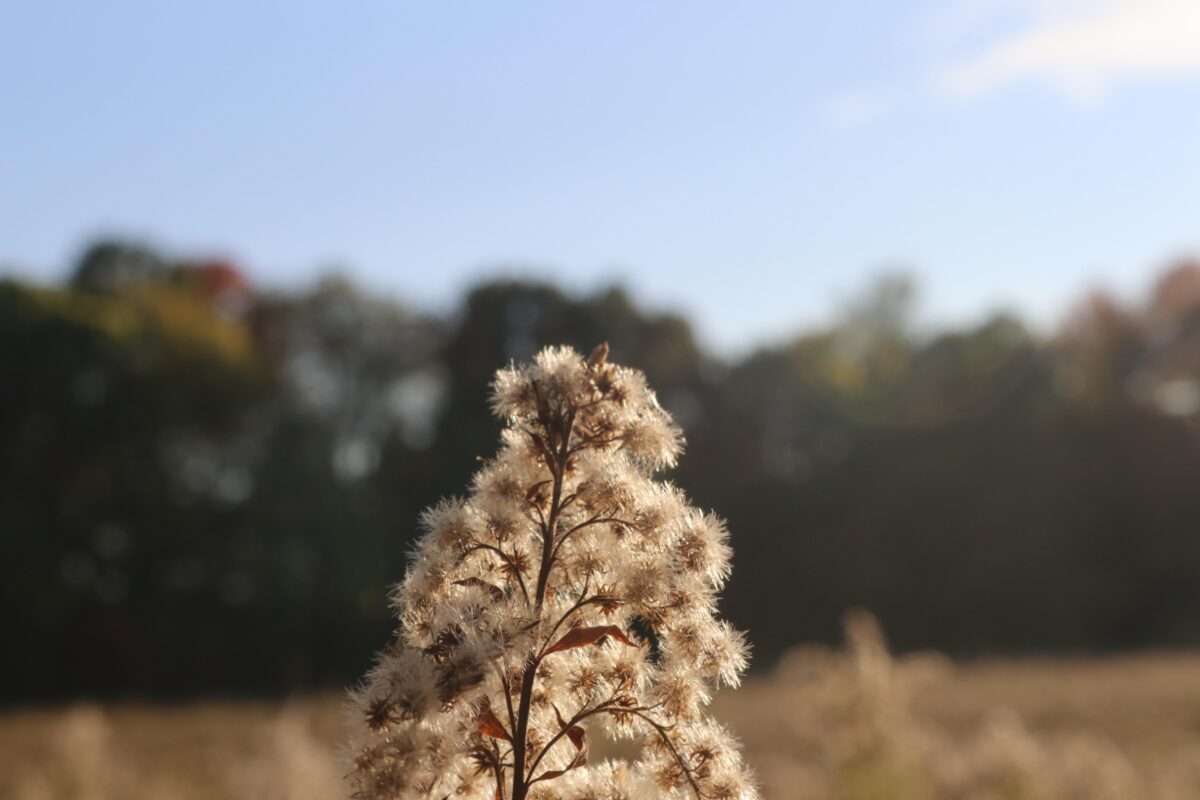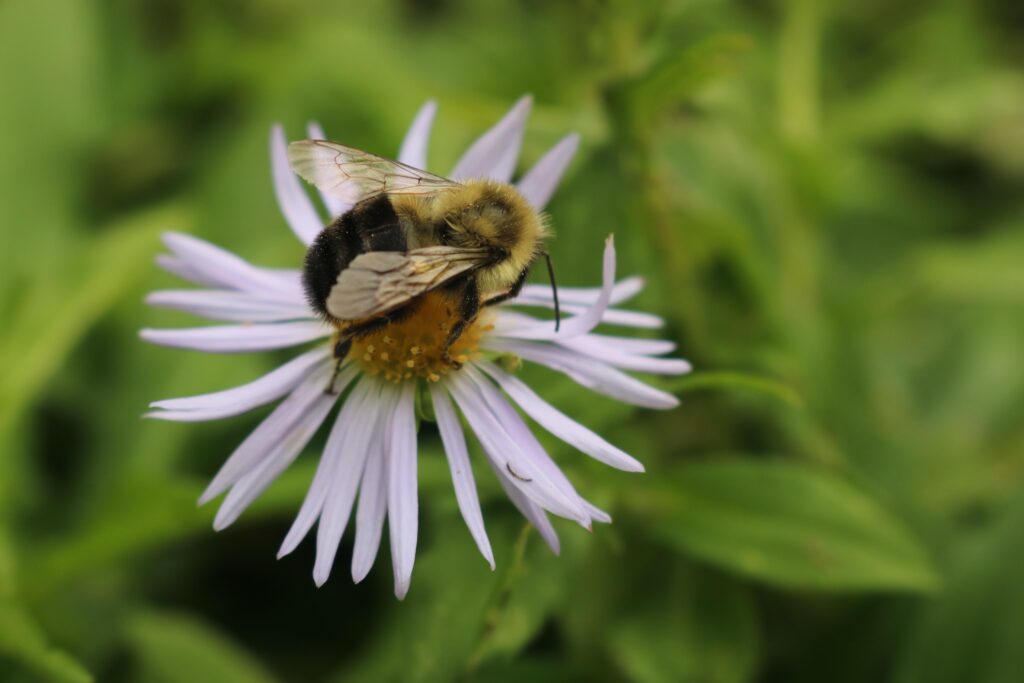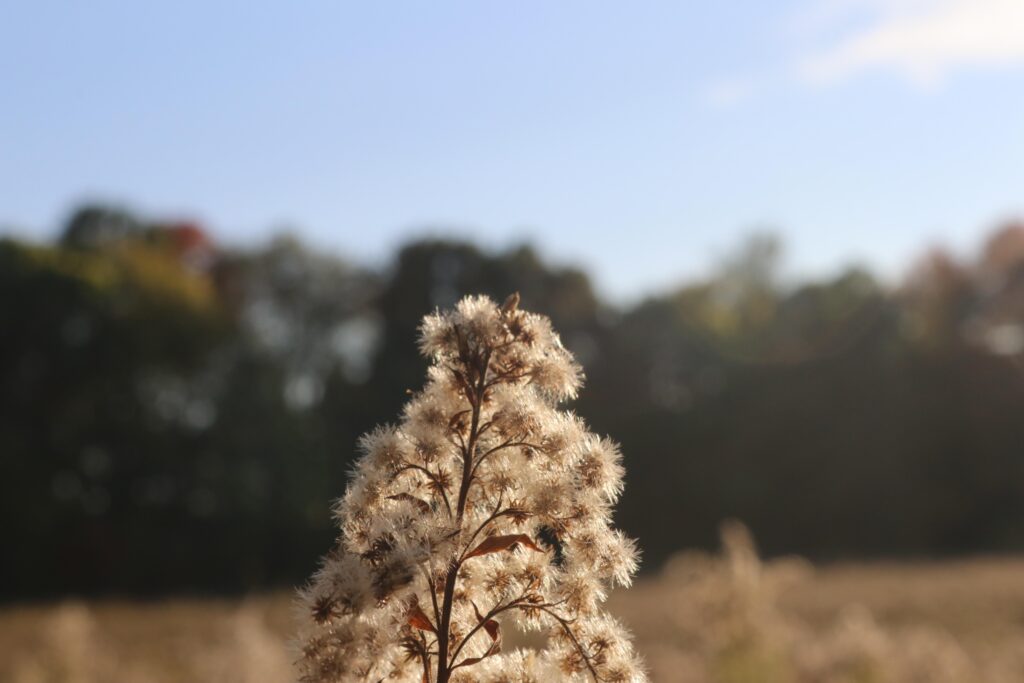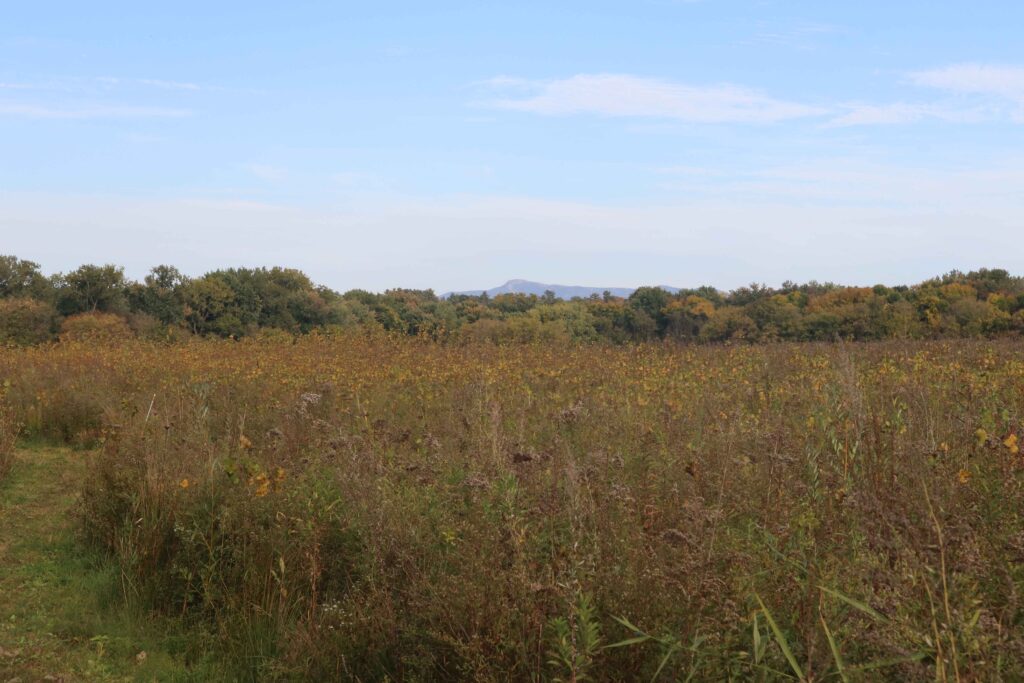


Bobby Grady/rgrady@mail.smcvt.edu/Health Editor
Bow hunting will be taking place between Oct. 1 and Nov. 11 to mitigate the deer population in the Natural Area. Hunters will be restricted to the northeast corner, where there are no trails.
“If the deer population grows, they will shred the vegetation and they will change the entire nature of the forest and the only way to stop that is to bring the deer population down,” said.Professor Declan McCabe, chair of the biology department and the manager of the Natural Area. He authorized six hunters, all faculty of St. Michael’s College, to hunt as a conservation effort.
In order to bring the deer population down, hunting needs to occur because there are currently no natural predators around to hunt deer.
“There are no wolves and there are no mountain lions, so there is no predator that effectively manages the deer population in the northeast because we eliminated them all. Furthermore, coyotes don’t make a blind bit of difference. They may get a fawn every year, they may get an occasional deer that’s bogged down in the snow but they are not an effective predator for deer. So without any effective predator, if we don’t hunt. the deer population will grow,” McCabe said.
“Before we decided to call that land a natural area, we had hunters in there and they were using rifles which were illegal and they were hunting deer. As a result, we did not have a terribly big deer population,” McCabe said.
“In 2018 we decided we wanted to call it a natural area and we were increasing our activities down there and students would bump into hunters with rifles. We posted the property and put up signs saying you can’t hunt here. As a result, we have a growing deer population and we need to do something about it.”
McCabe said he wants to make sure that everything is done safely. He carefully selected the St. Michael’s employees chosen to hunt.
Joseph Giroux, a public safety officer, is one of the six selected hunters. He brings many years of deer hunting experience to this effort.
“I’ve been deer hunting ever since I was a kid with my father, and this year I got signed off as a hunters education instructor,” Giroux said.
As a seasoned hunter and hunters’ education instructor, Giroux is required to be familiar with all safety practices and many types of hunting equipment.

“Along with a hunters’ education safety class, you have to have a bow certification as well. I am very comfortable using a bow and I think bows are a good choice for the area that has been selected for hunting,” Giroux said.
“I went over my background with Declan, and he wanted known and trusted individuals as part of the group that hunts there,” Giroux said.
As an extra safety measure, McCabe has set strict parameters on when the hunters can be out.
“They can hunt as soon as it’s bright enough to hunt but they are done by 9 in the morning. I picked that time for two reasons. One being I know it’s a good time of day to hunt deer and secondly, that is a time of day when there is not many people on the trails,” said McCabe.
Access to the Natural Area and its trails is important to St. Michael’s College students.
“Since my first year I have been going down there and it has always been an important meditative space for me. It’s nice to go down there and stroll and get a little peace and quiet,” said Tallis Diehn ‘24. Diehn is a member of the environmental club Green Up.
When he first heard about the plans for deer hunting, Diehn was excited by the idea.
“I have seen more deer down there this semester than I have for my entire time at this school. Without predation and with the restoration it has become habitable for deer again and they are now overpopulating. Part of Green Up’s role is to help maintain an ecological balance, and part of that balance is culling deer populations when it is necessary,” Diehn said.
McCabe also likes the idea of using deer hunting as a way to source meat locally.
“It is the ultimate local food. It is the ultimate sustainable food so if you’re not going to be vegetarian and you’re going to eat meat, this is one of the most sustainable forms of meat that you could get,” said McCabe. “Ultimately I would like there to be a game supper on campus. I would love to have that happen so people who haven’t had the opportunity to try venison would get that opportunity.”
The effects of the hunting do not just impact St. Michael’s College but the broader ecosystem as well.
“You can’t hunt in South Burlington. you can’t hunt in Winooski, you can’t hunt anywhere downstream of the Winooski Valley so we’re the last place that you could hunt. There is definitely deer movement that comes in from those areas. Deer are a wide ranging species so if we can remove deer in our specific location we will benefit the forest in all those locations I just mentioned,” McCabe said.
Photos provided by Bobby Grady

